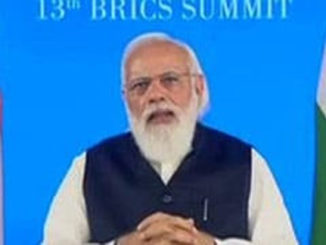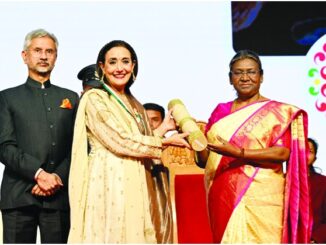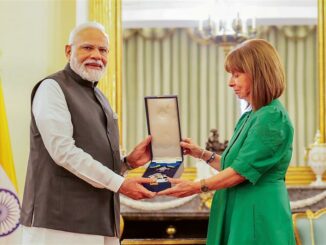By Farwa Aamer
As India gears up for its forthcoming elections, there’s a prevailing confidence in the prospects of the ruling BJP, setting the stage for Prime Minister Modi’s likely third term in office. This anticipation extends beyond India’s borders, drawing attention from global observers, including neighboring nations and major powers like the United States and China.
Prime Minister Modi’s adept diplomacy, his administration’s leadership in forums, notably the G20, and India’s rising economic potential have remarkably elevated India’s stature on the world stage. Many nations in the Global South seem to favor another term under PM Modi’s leadership, while the current Biden administration in the United States also sees promise in his reelection. This optimism stems from the significant strides made in enhancing strategic, economic, and defense partnerships between India and the U.S. in recent times.
Given the ruling party’s many strengths despite the controversies surrounding its nationalistic policies and some polarizing views on PM Modi’s aspirations for a ‘new India’, the opposition still faces a formidable challenge at the polls.
The 6-week long electoral process, starting April 19, marks a pivotal moment in India’s democratic journey. Observers worldwide will closely monitor this process, acknowledging its potential to influence the nation’s democratic resilience in the future. The response of global stakeholders to India’s electoral exercise remains crucial, raising questions about whether their future engagement will hinge on the elections’ adherence to democratic principles or be guided by broader strategic interests and values.
(Farwa Aamer is Director of South Asia Initiatives at the Asia Society Policy Institute)





Be the first to comment